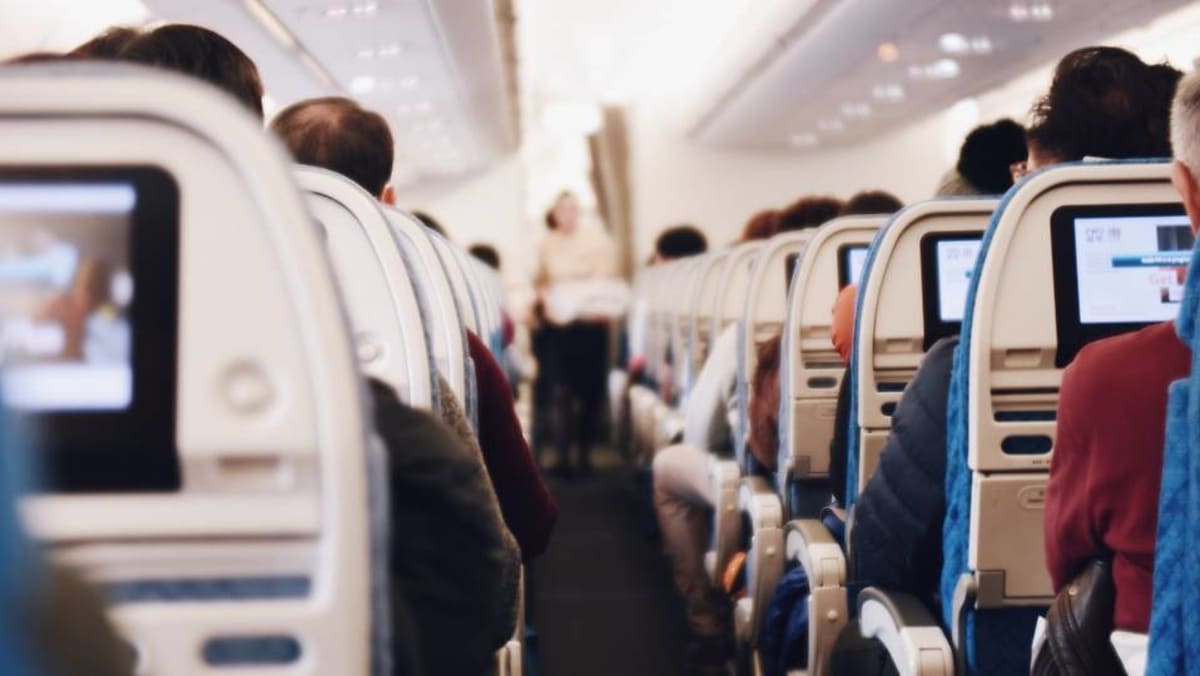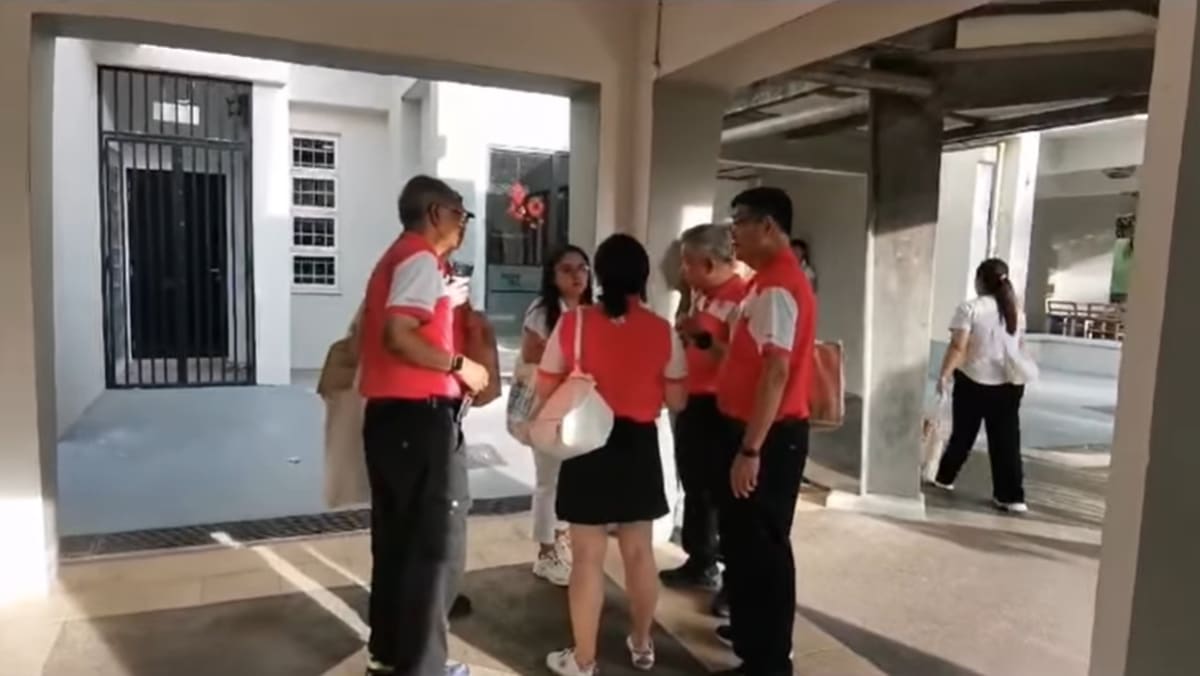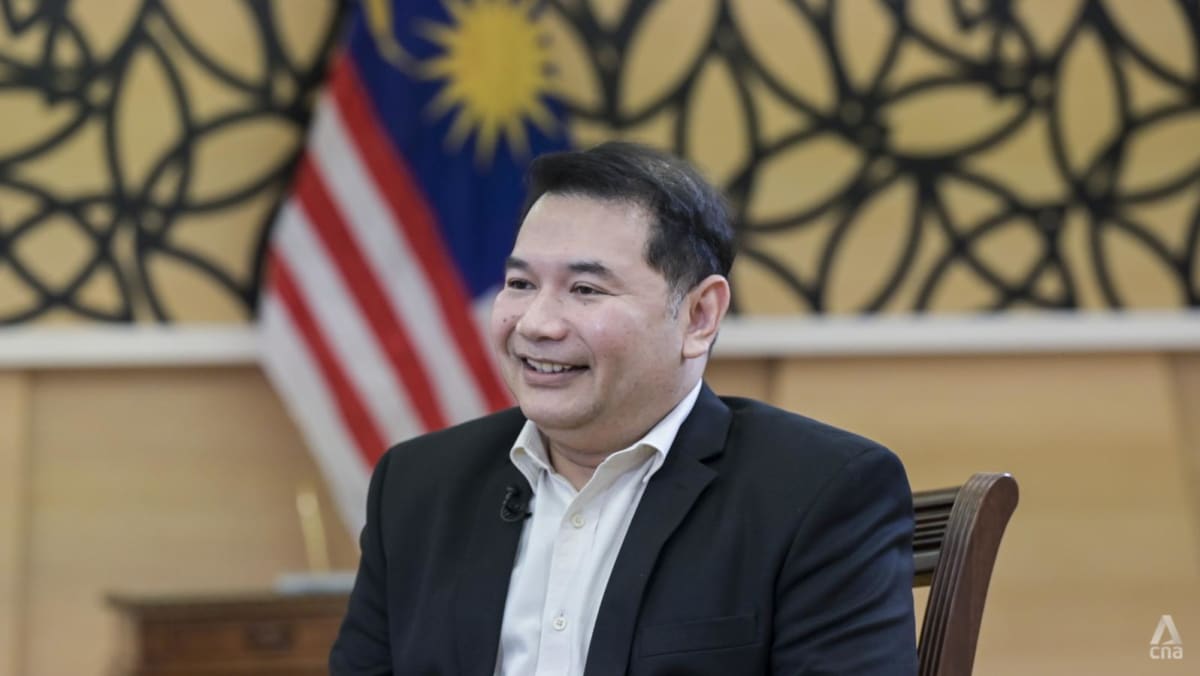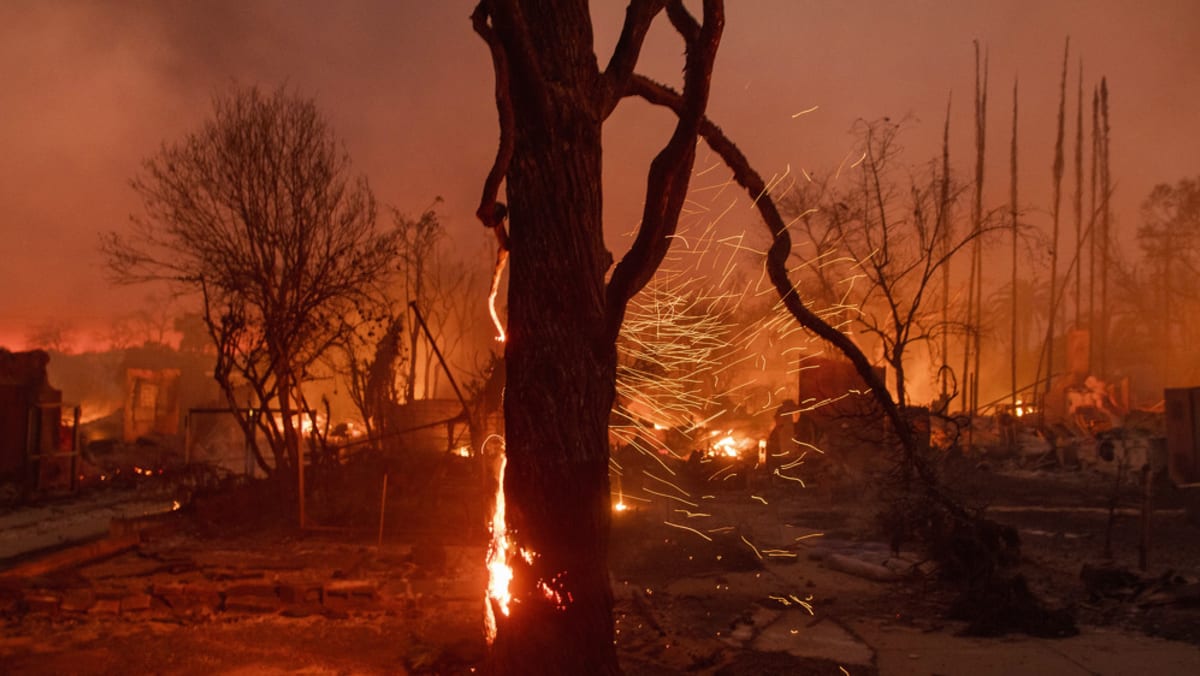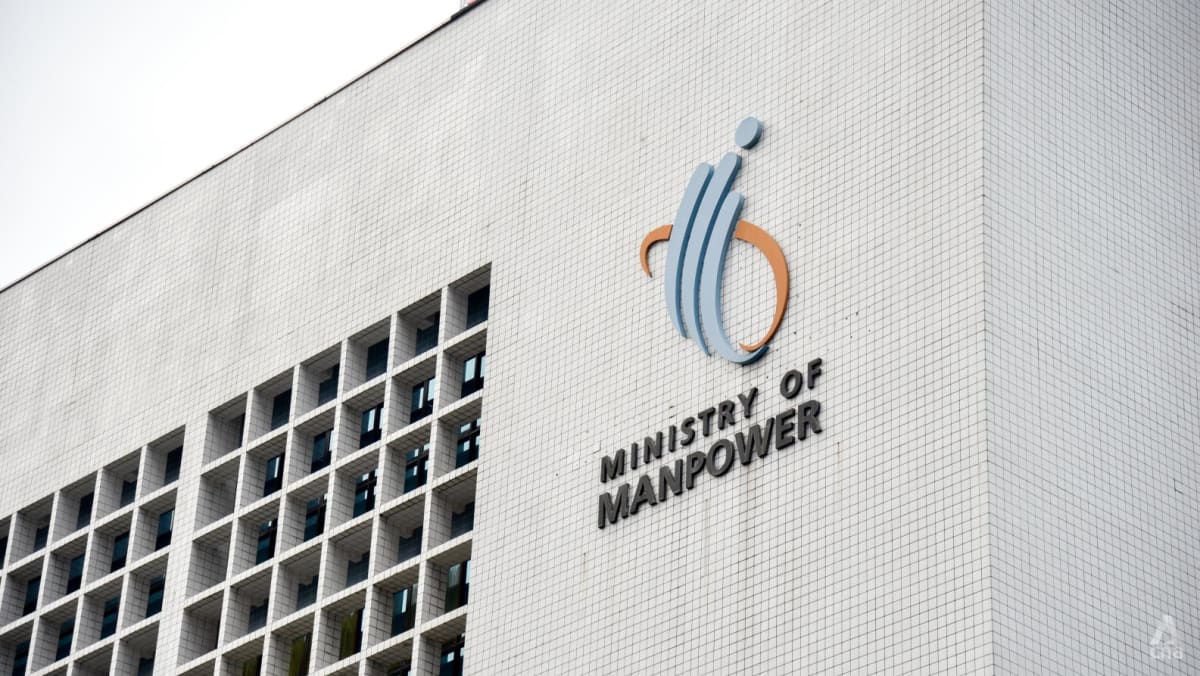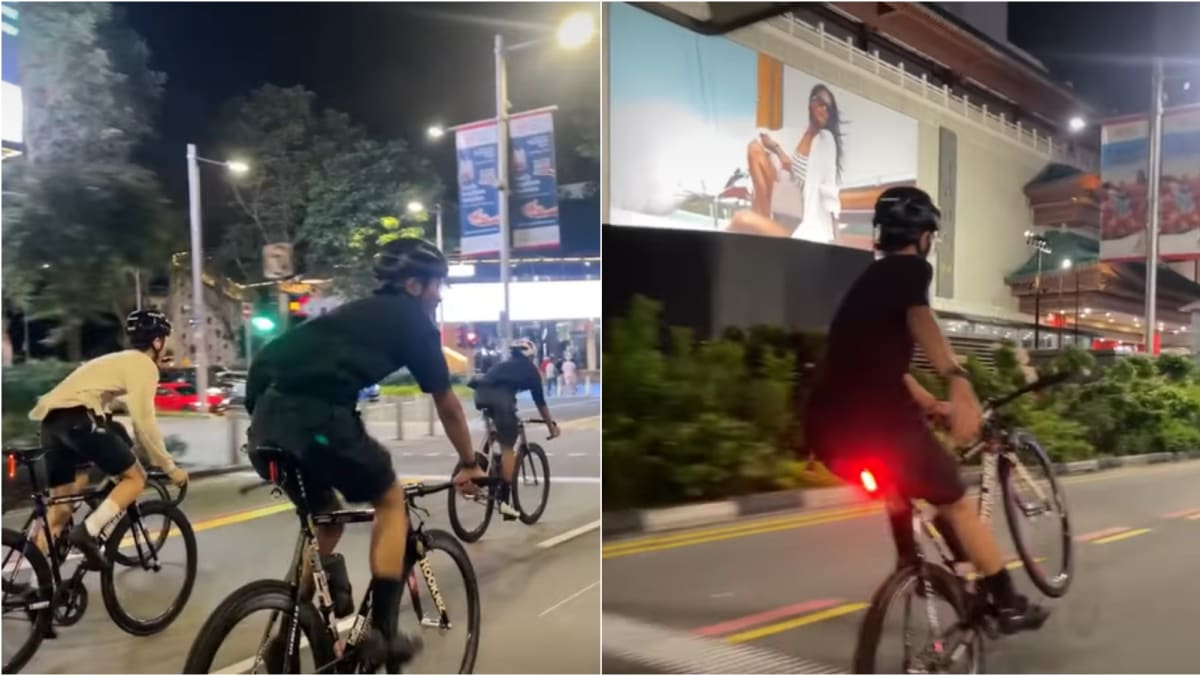WHAT IS SINGAPORE’S POSITION?
Singapore has ratified and passed into its own legislation ICAO regulations pertaining to tackling in-flight theft, said aviation law experts.
These are spelled out in the Convention on Offences and Certain Other Acts Committed on Board Aircraft, also known as the 1963 Tokyo Convention.
The National University of Singapore’s law school professor Alan Tan said however that the issue with the Tokyo Convention, even after a 2014 update, is that it was “never meant to deal with small-time criminals like thieves”.
“Its main purpose is to deal with perpetrators who jeopardise the safety of the aircraft or the good order and discipline on board,” said Prof Tan.
“As such, it applies to more serious offences like unruly behaviour, violence against fellow passengers or crew and of course, unlawful acts such as hijacking.”
Nevertheless, he said Singapore’s laws on theft would apply to Singapore-registered aircraft such as those operated by Singapore carriers SIA, Scoot and Jetstar Asia – wherever they may be flying.
If the flight’s destination is Singapore, an on-board perpetrator may be handed over to local authorities upon landing.
But if the theft occurs on a flight headed outside of Singapore, it will depend on whether the receiving country is prepared to apprehend and prosecute the offender, said Prof Tan.
“The main problem here is whether the destination country cares about the issue enough – many countries don’t with regard to petty crimes.”
There is also the scenario of foreign-registered aircraft flying into Singapore, and whether local authorities will apprehend and prosecute a thief for a crime that very likely occurred outside Singapore airspace.
Prof Tan said the Tokyo Convention Act states that Singapore’s Public Prosecutor must consent to take up proceedings, and so it is “up to the Attorney-General’s Chambers’ discretion”.
At least one recent case saw a credit card thief on board Malaysian-registered AirAsia being charged, he noted. “So, we do have precedent.”
SPF told CNA that where the facts and circumstances warrant a police investigation to be conducted, the police will do so.
“The investigation generally includes receiving a report, conducting interviews and statement recording, gathering of evidence, and referring the case to the Attorney-General’s Chambers for prosecutorial action,” said a spokesperson.
Associate Professor Jae Woon Lee from the Chinese University of Hong Kong’s law faculty pointed however to the difficulty of finding evidence when it comes to in-flight theft.
“Only when the crew directly witnesses the suspect taking something out of someone else’s possession, or when the theft victim witnesses the scene, airlines report to the police,” he said.
He added that communal luggage space in overhead compartments was a “big challenge and unique factor” here.
“A thief can easily say that ‘I am checking my belongings’ when being suspected of stealing.”





